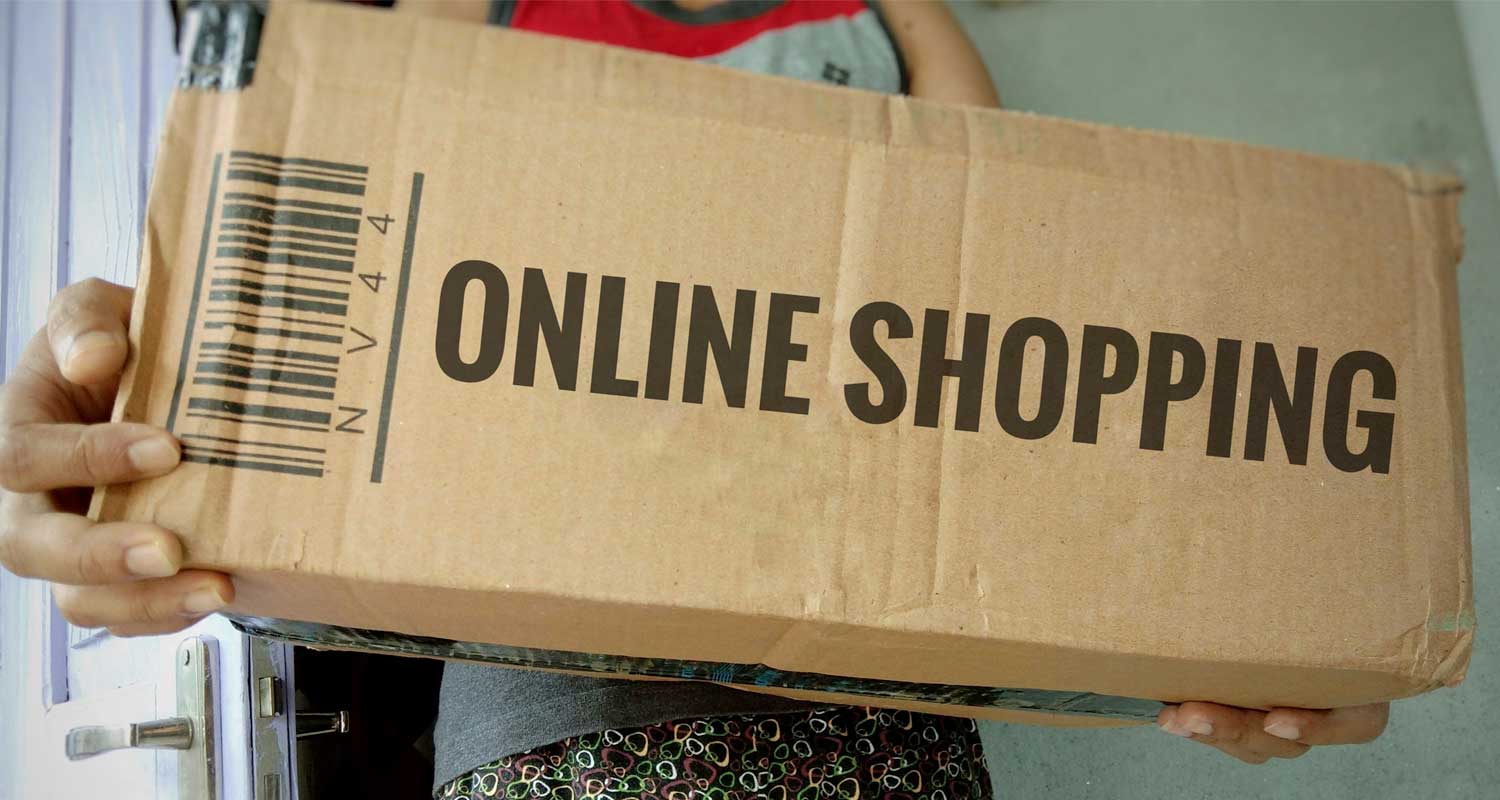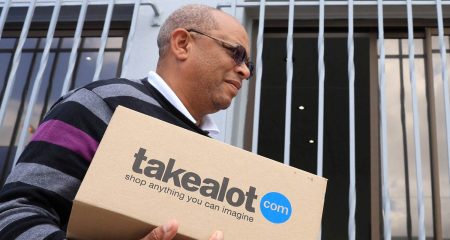 Problems in last-mile logistics are holding back the growth of e-commerce in South Africa’s townships. However, community-driven partnerships are helping address this.
Problems in last-mile logistics are holding back the growth of e-commerce in South Africa’s townships. However, community-driven partnerships are helping address this.
This is according to Leon Qwabe, founder and CEO of Order Kasi, a delivery service specialising in townships, who was speaking during an e-commerce webinar hosted by the Insaka eCommerce Academy on Wednesday.
“There are two massive challenges when it comes to delivering to township areas: insufficient mapping for navigation, and higher rates of crime,” said Qwabe. “Working with drivers from the area helps get items delivered faster, while having a relationship with the community makes them see you as a solution to their problems, and so they help protect your business from criminals.”
Order Kasi partners with e-commerce businesses, from individual merchants to large companies, to help them get their goods delivered into townships across the country.
According to Order Kasi data, clothing and health products are driving much of the e-commerce demand, but more can be done to improve accessibility for township residents who are “eager” for access to a wider range of goods and services.
“Collection points have helped make deliveries safer and more reliable – like Pep does through its mall-based stores – but then a customer must still take a taxi to collect their products. Adding warehouses in the townships would make the logistics much easier,” said Qwabe.
But the township market is not limited to retail consumers. Merchants are also looking to e-commerce as a cheaper and more convenient way of ordering high-quality materials that they use in their own business operations. “Then they don’t need to travel into urban areas to look for resources,” said Qwabe.
Two-sided marketplace
Also speaking during the webinar were Craig Lubbe, head of marketing at Bob Group, and Yaeesh Moosa, head of marketing at Takelot.com, who spoke about some of the challenges that stem from building a two-sided marketplace, with both buyers and sellers as customers of the platform.
“It is a tricky balance to strike when you are working with customers on both sides. We have focused on customer experience to ensure that buyers enjoy engaging with the site. The sellers then follow because they are looking for those customers you are bringing in,” said Moosa.
Read: Amazon Prime is coming to South Africa – what to expect
Lubbe spoke about the benefits that e-commerce platforms bring for merchants looking to expand their reach online, including advertising support and continuous education, but warned that business owners should be aware of platform costs as well as their own margins when signing up for platform services. “Merchants don’t realise that a lot is bundled into e-commerce offerings; they come at a fee but they add value,” said Lubbe.
The much-anticipated entrance of Amazon.com into the local market took sharp focus in the discussion. One thing all the speakers agreed on was that the US e-commerce giant’s interest in the South African market legitimises the growth of the industry and shows how much potential there is for growth.
 But Amazon’s impact on the local market, in terms of jobs and market share, may not be as significant as anticipated in the short term as the company acclimatises to the local market.
But Amazon’s impact on the local market, in terms of jobs and market share, may not be as significant as anticipated in the short term as the company acclimatises to the local market.
“Amazon is coming to plug into existing structures. We have seen that Amazon does create a lot of jobs, but we think initially that will not be the case. Bigger investments may come once they have adapted to the local economy,” said Moosa. – © 2024 NewsCentral Media




